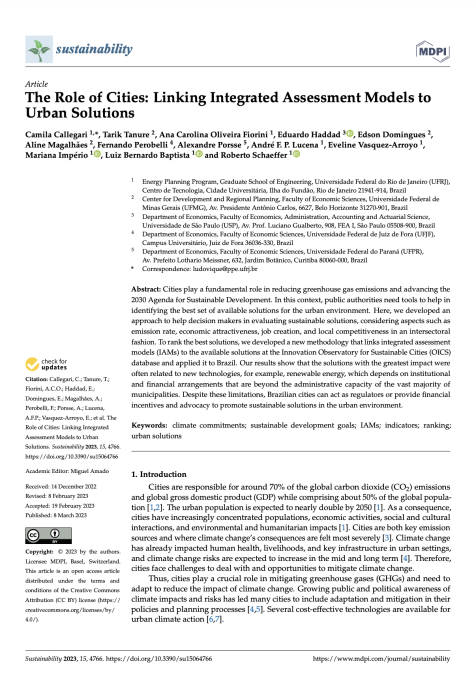Martjin Wilder AM - Climate-related investment and the locked potential of climate finance
August 24, 2016
Speakers

Martjin Wilder AM
Partner - Baker & McKenzie
Martijn Wilder AM is head of Baker and McKenzie’s Global Environmental Markets and Climate Change practice specialising in climate change, climate and conservation finance and conservation projects, with a particular focus on Forests, Land Use and Agriculture. He is also Chair of the Baker & McKenzie Law for Development Initiative. He advised a number of governments on their REDD+ programs (including Indonesia, Kenya and Fiji), assisted the Green Climate Fund on their results based payments pilot program and advised BHP/IFC on their Global REDD Forest Bond. His other roles include Honorary Professor of Law at the Australian National University, Chair of the Australian Renewable Energy Agency (ARENA) and President of WWF (Australia). He is also the Deputy Chair of the Priva ...







